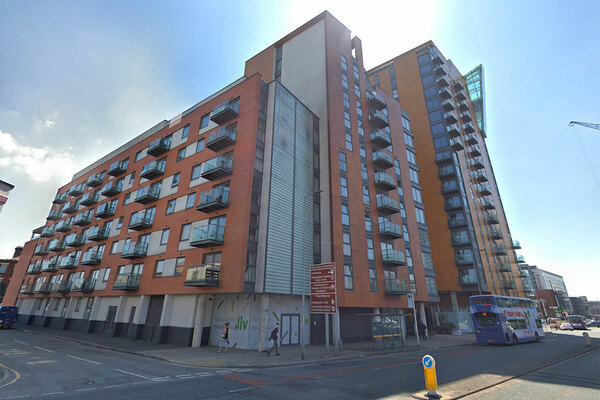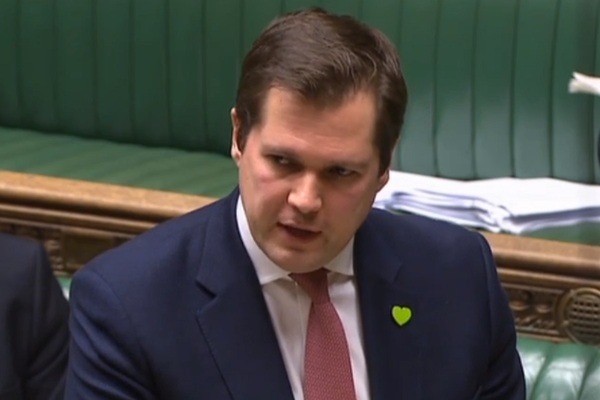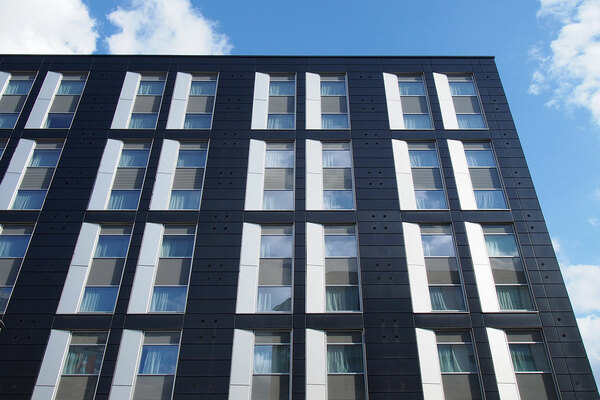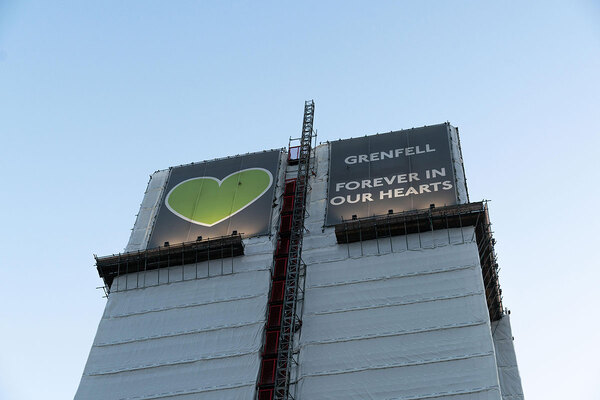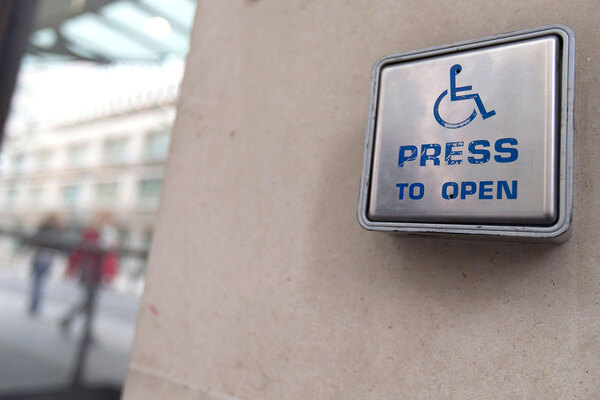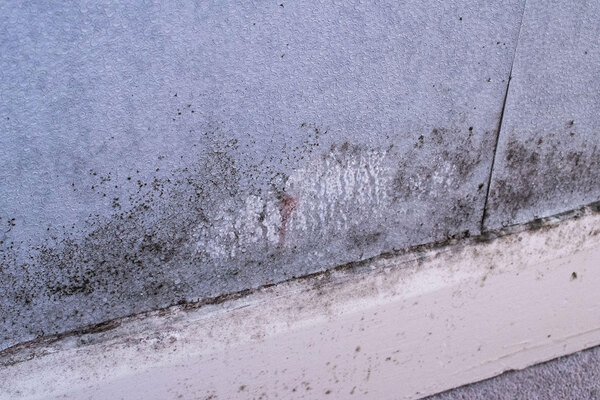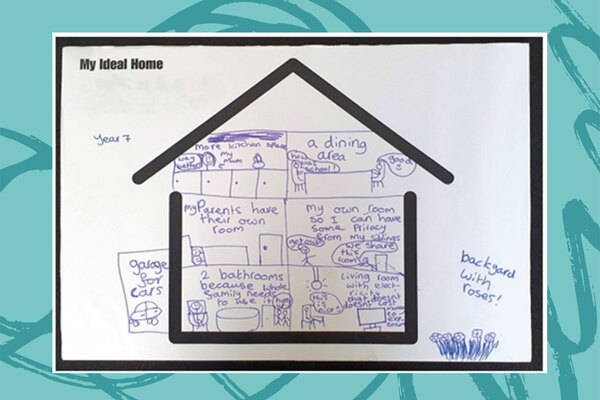You are viewing 1 of your 1 free articles
Building safety fund will cover less than a third of cladding costs, minister says
The government’s £1bn Building Safety Fund is likely to cover the costs of cladding removal for less than a third of an estimated 1,700 towers with “high-risk” cladding systems, a government minister has said.
Speaking to the Housing, Communities and Local Government Committee yesterday, Lord Stephen Greenhalgh, building safety minister, said that the new fund would likely open next week.
The £1bn fund, announced in March by chancellor Rishi Sunak, covers buildings with cladding systems other than the aluminium composite material (ACM) used on Grenfell Tower.
Lord Greenhalgh told the committee: “My officials have given me a figure that high-risk buildings with flammable cladding would be somewhere around the 1,700 mark.”
Neil O’Connor, the lead civil servant for the building safety programme, said the total cost of remediation was estimated between £3bn and £3.5bn, but described these as “very rough numbers”.
Lord Greenhalgh said he hopes the gap would be covered by building owners but he offered no measures to prevent the cost of the work being passed down to leaseholders.
It is not clear where the estimate of 1,700 buildings has come from but it is similar to an estimate calculated by Rockwool from industry data in 2018. But this figure was not limited to high rises and did not categorise buildings by risk.
The government has tasked local authorities with gathering more specific data, but this process is incomplete.
He added that there would be no funding to help leaseholders hit with enormous costs of interim measures such as ‘waking watches’ and no funding to pay for the remediation of defects other than removing dangerous cladding.
“With the money we have available, the money simply isn’t there [for additional costs]. The best use of the money is to accelerate the pace of remediation,” Lord Greenhalgh said. “Currently, there is no money from central government. However, what we have said is the building owners should do the right thing on this and not be passing these costs on to leaseholders.”
Leaseholders face bills of up to £840 a month to cover waking watches, some of which have been in place for almost three years. Meanwhile, the cost of remediating other defects can stretch to six figures.
Residents have been pushing for government support for these costs, particularly because of the additional financial pressure during the coronavirus pandemic.
The refusal to provide funding comes just a month after Robert Jenrick, housing secretary had said he would explore ways to make these costs more bearable for residents.
Mike Amesbury, shadow minister for housing and planning, said: “It is disappointing that the minister has backtracked on the secretary of state’s commitment to parliament on 28 April to look at helping with waking watch costs given the urgency of this situation.
“The government needs to immediately step in and provide transitional support for waking watch schemes and get a grip on the insurance and mortgage industry.”
Asked about the slow pace of remediation of buildings with ACM cladding, Lord Greenhalgh said it is “unacceptable” that 176 of the 457 identified systems had not even started remediation.
He set out an “ambition” for all projects to have begun work by the end of the year, with completion in 2021.
“One commitment I can make is that the objective is for the ACM fund, this is an ambition as opposed to a commitment, that we got onsite with all those 457 buildings by the end of the year and then the works follow on from that and completes in 2021,” he said. “That’s the ambition we have but is something we need collective work on from all levels of government.”
However, last week the Ministry of Housing, Communities and Local Government backed away from a previous target for the completion of all work by June 2020.
In a statement to Inside Housing it said the work “takes time” and “varies according to the individual building”.
Asked about this by MPs, Lord Greenhalgh said: “I accept previous targets haven’t been met and this wasn’t really presented as a target. I set out an ambition for getting on site by the end of the year.”
He also floated the idea of councils using compulsory purchase powers to buy-out buildings where the freeholder is not carrying out the work.
“I certainly believe that if we’re not able to get someone accountable to do something and make this safe, the building owner… you’ve got to look at all means to get this done,” he said.
“We know authorities have compulsory purchase powers to step in and take buildings away from people who are not fulfilling their obligations and that may be a default option. All of these ideas need to be looked at, whatever it takes to get this done needs to be the mantra of government. At every level.”
Earlier the committee heard from leaseholder representatives of the UK Cladding Action Group (UKCAG) and the Manchester Cladiators about the issues their members are facing.
Ritu Saha, a founding member of UKCAG, drew attention to waking watch costs. She said she has paid bills totalling £13,700 for a waking watch in her block in south London.
“How long am I going to be able to sustain this? These costs are onerous, they are huge. Cladding remediation, let us be realistic, is going to take a very long time,” she said.
“Unless these measures are reviewed it is going to make us financially destitute before a single panel of cladding has been removed from our blocks.”
She said that at one unnamed building in east London, leaseholders are facing bills of between £83,000 and £250,000 to repair issues with insulation and missing fire breaks – costs that will not be covered by the government fund.
Alex di Giuseppe, a founding member of the Manchester Cladiators, drew attention to the struggle of those in buildings with non-cladding defects that require work.
“If the walls need redecorating, if there is wear and tear, absolutely we’re happy to pay our maintenance fee, that’s what we signed up for,” he said. “What we didn’t sign up for is being sent a letter to pay anywhere between £4,000 and £70,000. We don’t want to be told just because we own a lease we have to pay for coating the steel frame of the building in the correct fire retardant.”
Update: at 11.13am on 19.5.2020
This story was updated to include a comment from the shadow housing and planning minister

